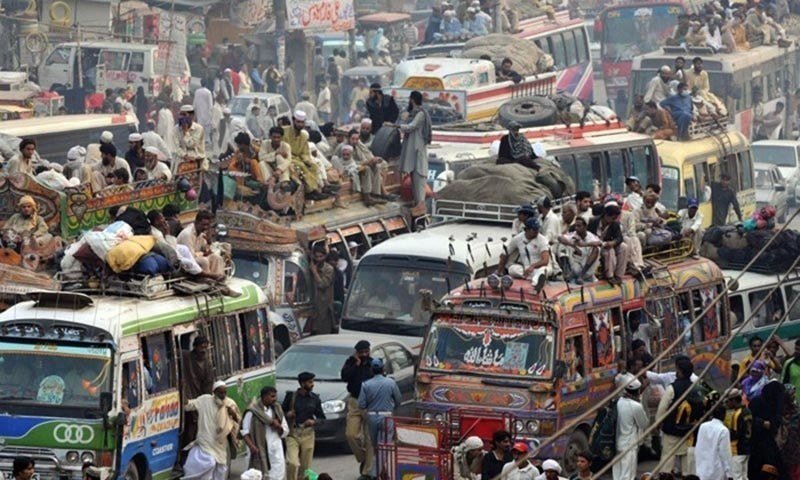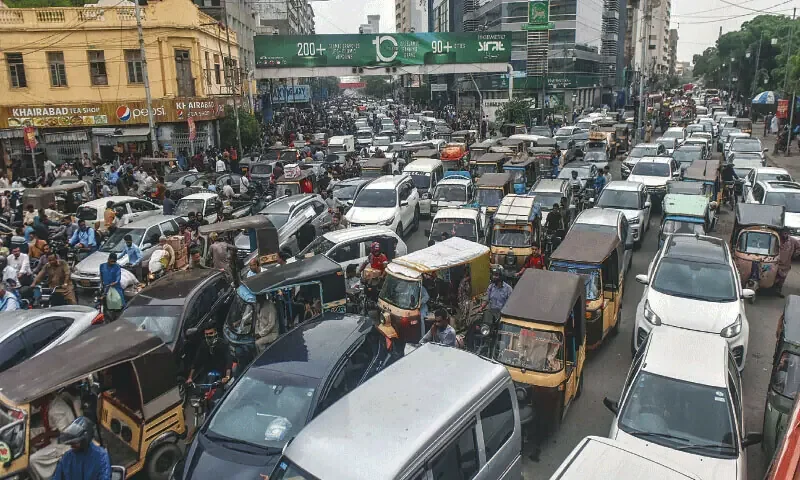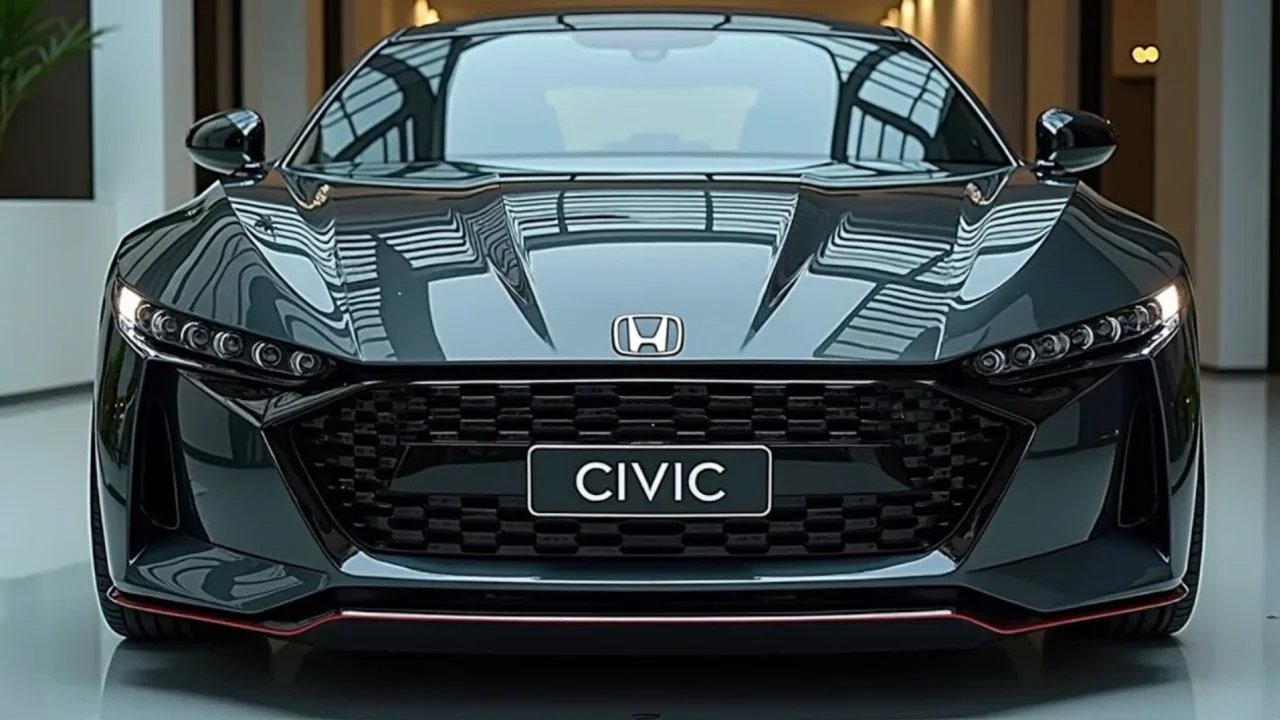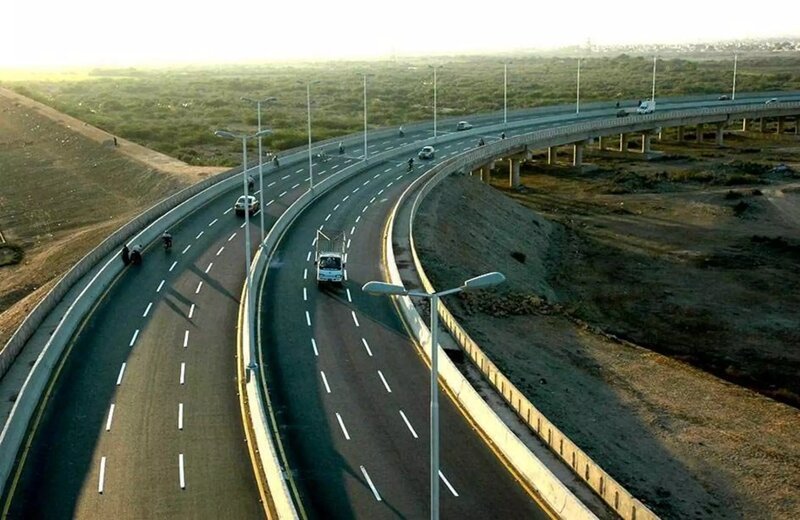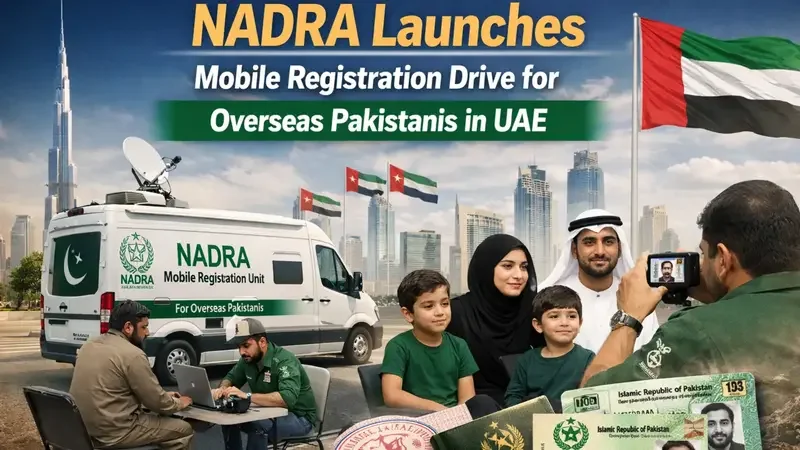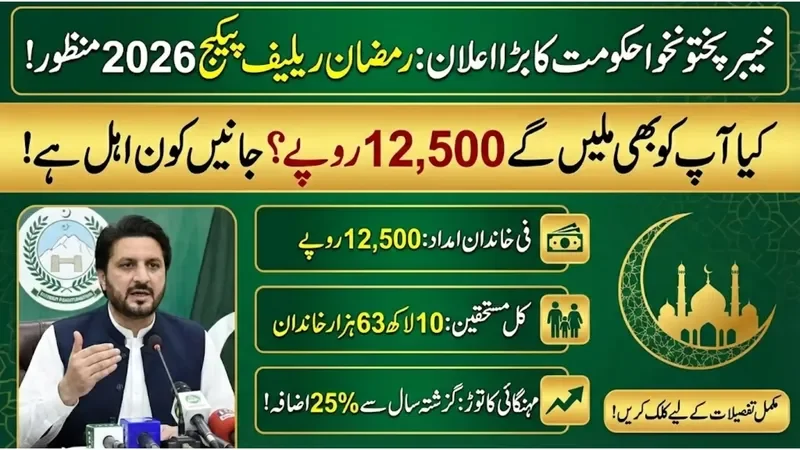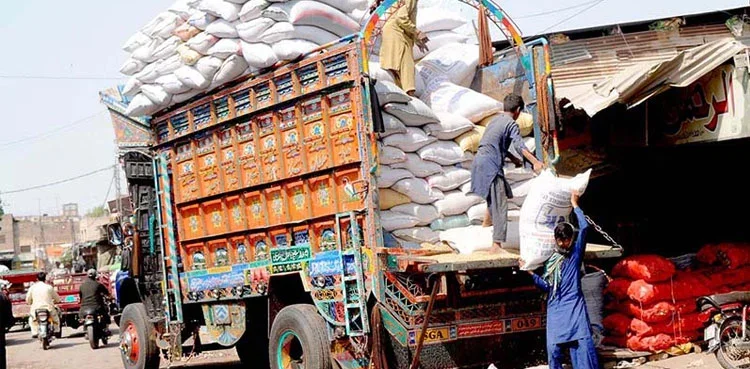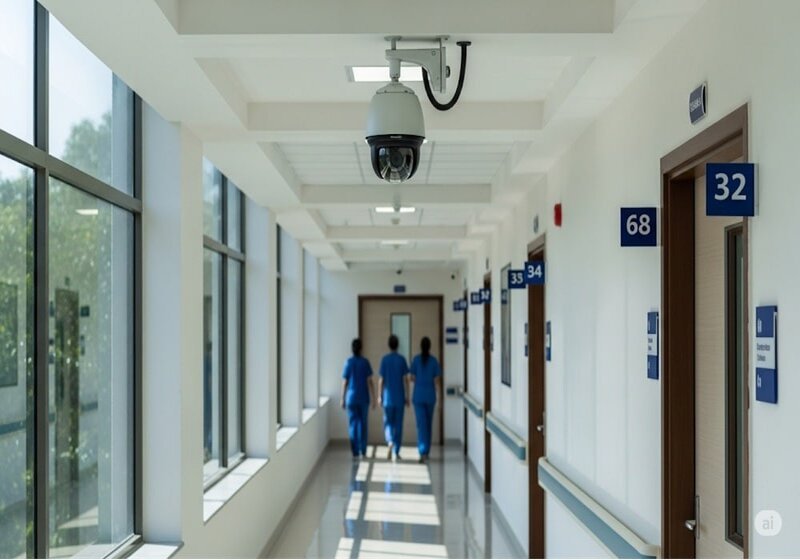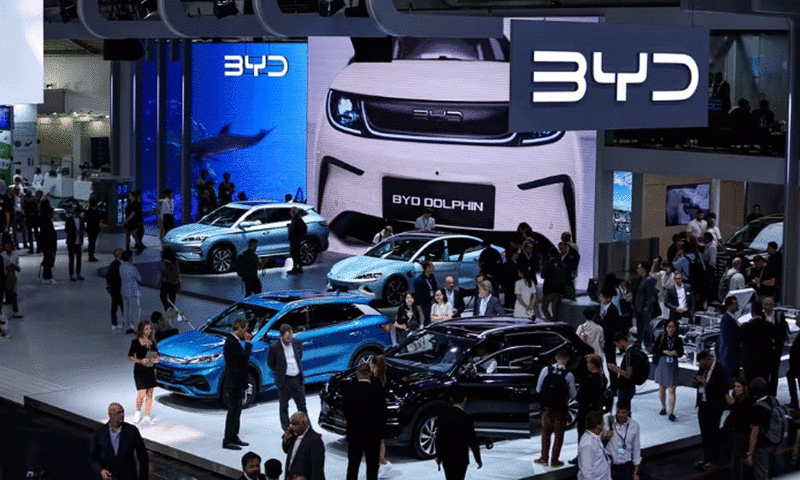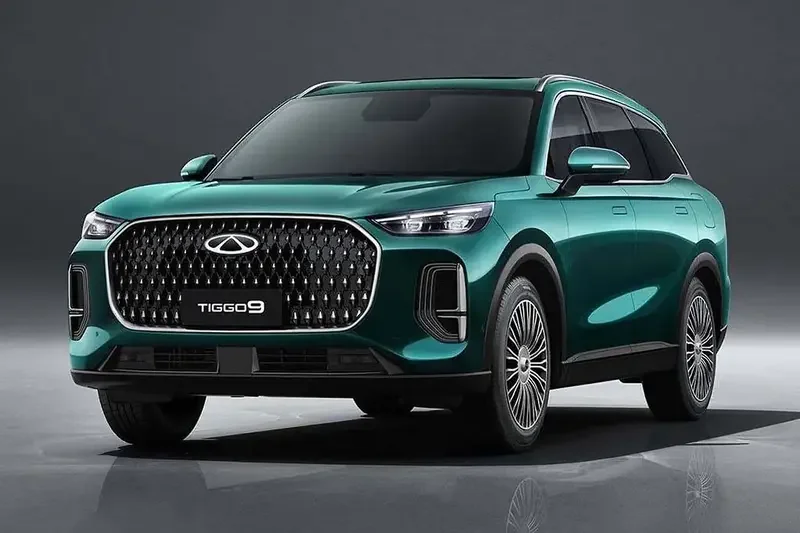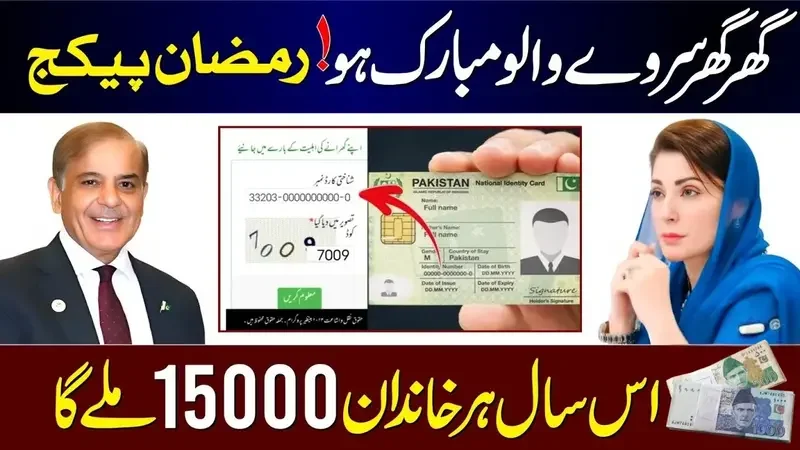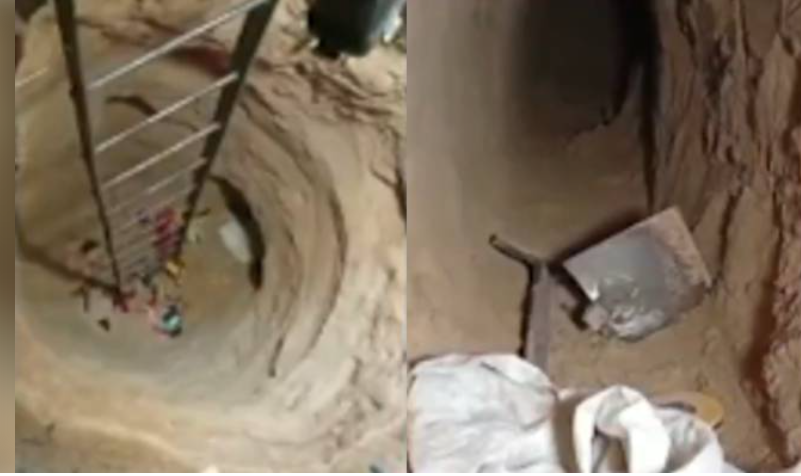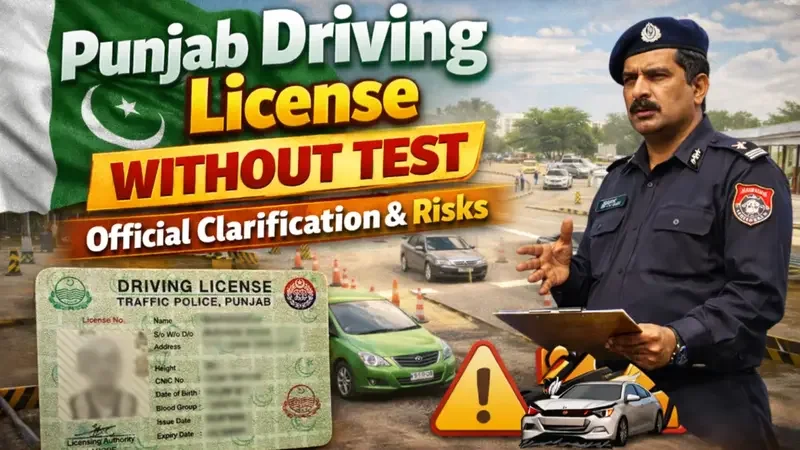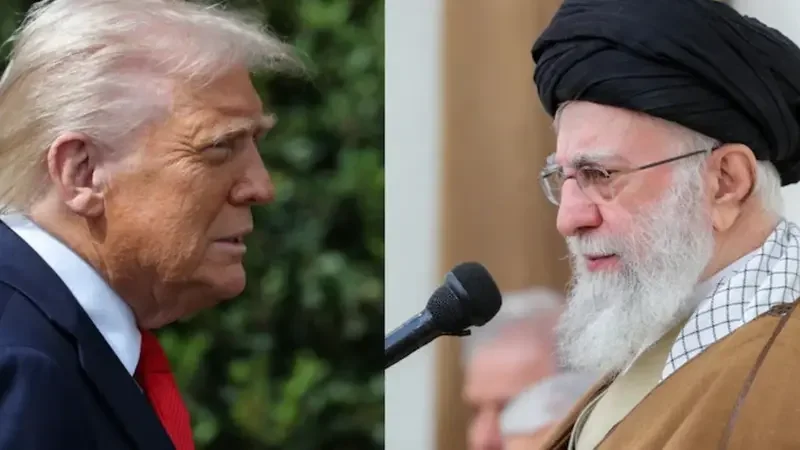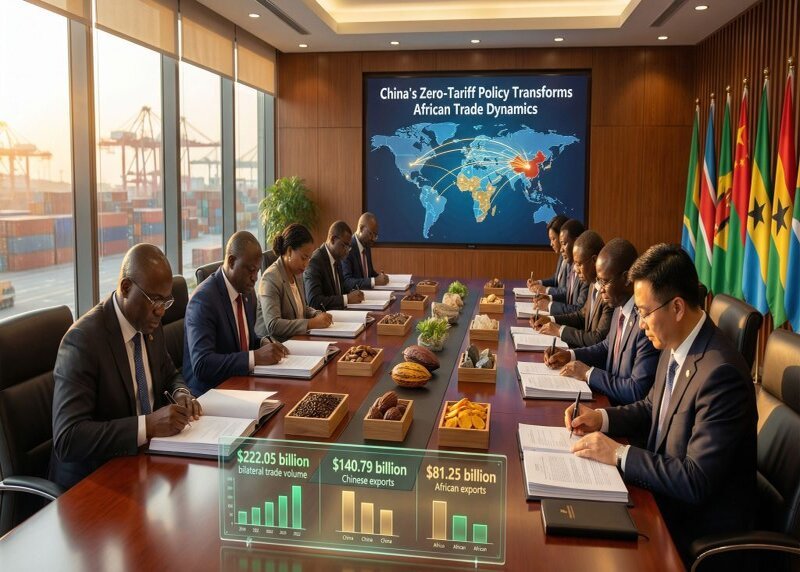Hafiz Naeem ur Rehman, the Central Ameer of Jamaat-e-Islami Pakistan (JIP) and a well-known social and political activist, has strongly criticized the Sindh government for its failure to address Karachi’s chronic public transport crisis. He pointed out that while the city needs at least 15,000 buses to meet the daily commuting demands of millions of residents, only around 400 have been provided so far — a figure he described as grossly insufficient and reflective of poor urban planning and governance. Speaking about the deteriorating transport system, Hafiz Naeem said that Karachi, being Pakistan’s largest city and economic hub, deserves a modern and efficient public transport network. However, years of neglect and mismanagement by provincial authorities have left commuters struggling with severe daily hardships. The shortage of buses forces citizens to rely on unsafe, overcrowded, and outdated private vehicles, contributing to traffic congestion, pollution, and road accidents. He further stated that despite repeated promises, the Sindh government has failed to implement a sustainable and large-scale transport policy. Projects like the Green Line Bus Rapid Transit (BRT) have only provided limited relief and cover a small portion of the city. Hafiz Naeem emphasized that a metropolitan city like Karachi requires a fleet of at least 15,000 buses to ensure safe, affordable, and accessible transportation for workers, students, and women. Highlighting the social impact of the government’s inaction, he noted that the transport shortage affects every aspect of urban life — from delayed work hours and student attendance to increased financial burdens on families. He accused the provincial leadership of ignoring Karachi’s needs while focusing on politically driven projects that fail to address the real problems of its citizens. Hafiz Naeem reiterated Jamaat-e-Islami’s demand for immediate reforms in Karachi’s public transport system. He urged the Sindh government to prioritize the introduction of new buses, improve traffic management, and invest in long-term infrastructure development. According to him, the people of Karachi deserve a reliable transport network that matches the city’s status as Pakistan’s economic backbone and ensures mobility for all without discrimination.
